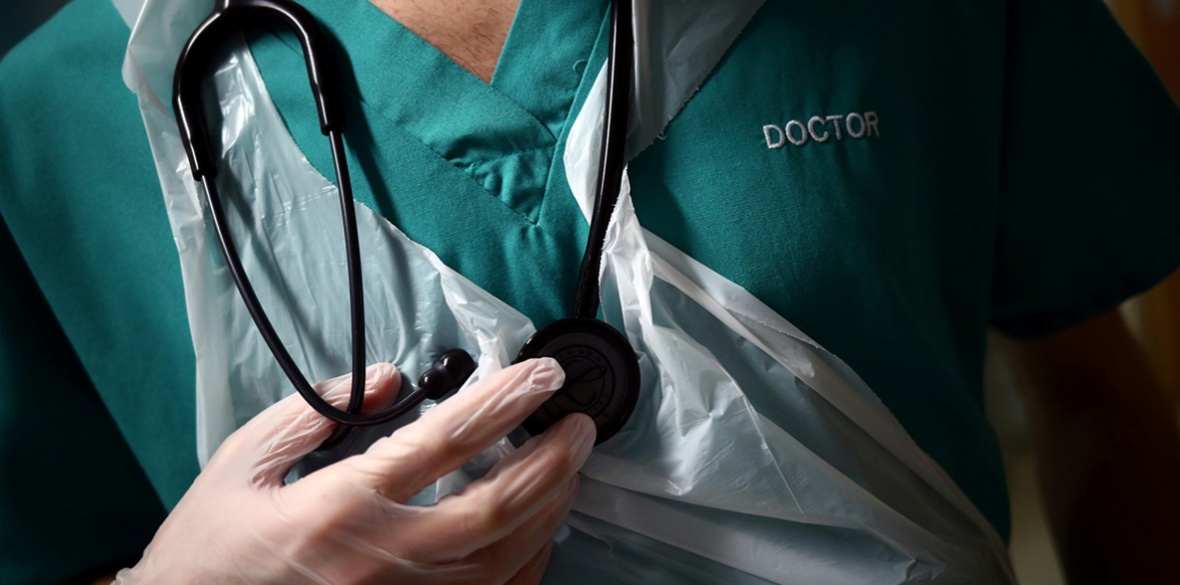This is the last article you can read this month
You can read more article this month
You can read more articles this month
Sorry your limit is up for this month
Reset on:
Please help support the Morning Star by subscribing here
DOCTORS and GPs are struggling with workloads and to provide safe patient care as they edge closer to burnout, a shocking new survey reveals.
Falling levels of job satisfaction and people working longer hours were also uncovered by the poll, which consulted more than 4,000 workers across Britain and Northern Ireland.
The research, conducted by regulator the General Medical Council (GMC), also found that GPs in particular have “poor workplace experiences, causing issues filling vacancies and reducing service capacity.”
The situation appears to be deteriorating, with just 38 per cent of GPs saying they were satisfied last year, down from 51 per cent in 2021, while half of doctors were content in 2022, a slump of 20 per cent on the previous year.
The regulator warned that more medics than ever are threatening to leave the profession, with many already taking “hard steps” towards doing so, and those with training responsibilities had more negative experiences than their colleagues who did not.
The regulator’s chief executive Charlie Massey said: “More clinicians than ever are taking steps to leave the profession, and the gap they could leave behind will only compound workload pressures and feed into a vicious cycle.
“It’s especially worrying to see the impact on trainers, who are critical for ensuring that our doctors in training develop the skills and confidence they need.
“Any government commitments to expand medical training places, while welcome, will flounder if the needs of the trainer workforce are not urgently met.”
Since any increase in medical school places would take many years to deliver new doctors, steps are “needed now to retain the doctors we have,” he said.
“Without them, the vicious cycle will intensify, patients will suffer and doctors will increasingly risk burnout and fatigue.”
The study also argued it is clear that many medics and other staff are at risk of suffering “moral injury” due to their work.
This is defined as distress caused by people acting, or seeing others act, in a way that goes against their values and beliefs, such as not providing patients with a good level of care.
Health workers have repeatedly warned that a decade of Tory austerity left the NHS unprepared for the impact of the Covid-19 pandemic, which massively hit patient care.











